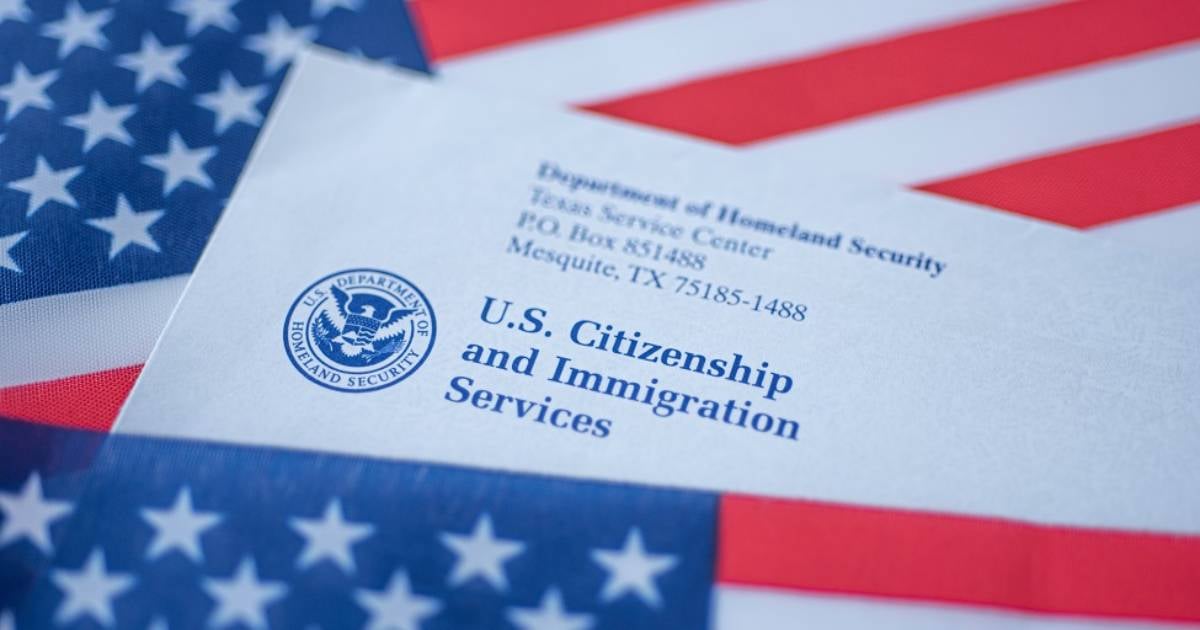
Cubans reacted on social networks, upon learning of the United States government's response to the wave of humanitarian parole denials last week.
A spokesperson forUnited States Citizenship and Immigration Services (USCIS) explained that there was "atechnical change to report more quickly to applicants if they have been determined to be eligible to support beneficiaries of humanitarian parole parole processes."
The modification in the platform caused a large volume ofnotifications of cases that were not approved.
The situation not only affected Cubans, they also denied procedures to citizens of Venezuela, Nicaragua and Haiti. The exact number is not known, but it is estimated that there were more than three thousand refusals in the same day.
This behavior is not common in USCIS notifications, so the situation set off alarms for migrants who have their hopes pinned on this program to travel legally to the United States.
Upon learning of the response of the US government, the reaction of Cubans has not been long in coming on social networks.
"Humanitarian parole in the United States is discretionary and not mandatory. You cannot ask for alms with a shotgun," recalled one user.
The discretionary analysis involves a thorough review of all relevant facts and circumstances in each case. The aspects that US immigration officials evaluate are not known, but it is known that they weigh various elements, including the history of the beneficiary.
"Many Cubans want the doors to be opened to them in the United States with obligation, with authoritarianism, but any country says you enter and you don't. It is the government's decision," said another user.
This program was created by administration ofJoe Biden in October 2022 for Venezuela, and in 2023 it was extended to the rest of the beneficiary countries. The plan is to grant up to 30,000 travel permits each month to deter illegal entry through the southern border.
This Wednesday there were those who wished the program a long life, so that the greatest number of Cubans can fulfill their dream of reuniting with their family in the United States.
Some users also complained that, despite being approved for humanitarian parole, the application procedures are very slow.delivery of travel permits. They demand from the United States government greater agility in the processes required to enter the northern nation.
The recent data of theCustoms and Border Protection (CBP) indicate that until the end of March 2024, more than 404,000 Cubans, Haitians, Nicaraguans and Venezuelans have legally arrived in the United States covered by these parole processes.
Of that total, there aremore than 86,000 Cubans who have been vetted and approved to travel. More than 84,000 of them already reside in the United States on humanitarian parole.
Immigration attorneys insist that if a person received a recent denial of their humanitarian parole case, they have the possibility of restarting the process, with the same sponsor or another. There is no reason to give up, but it is advisable to seek legal advice to be successful in the complicated process.
What do you think?
COMMENTFiled in: